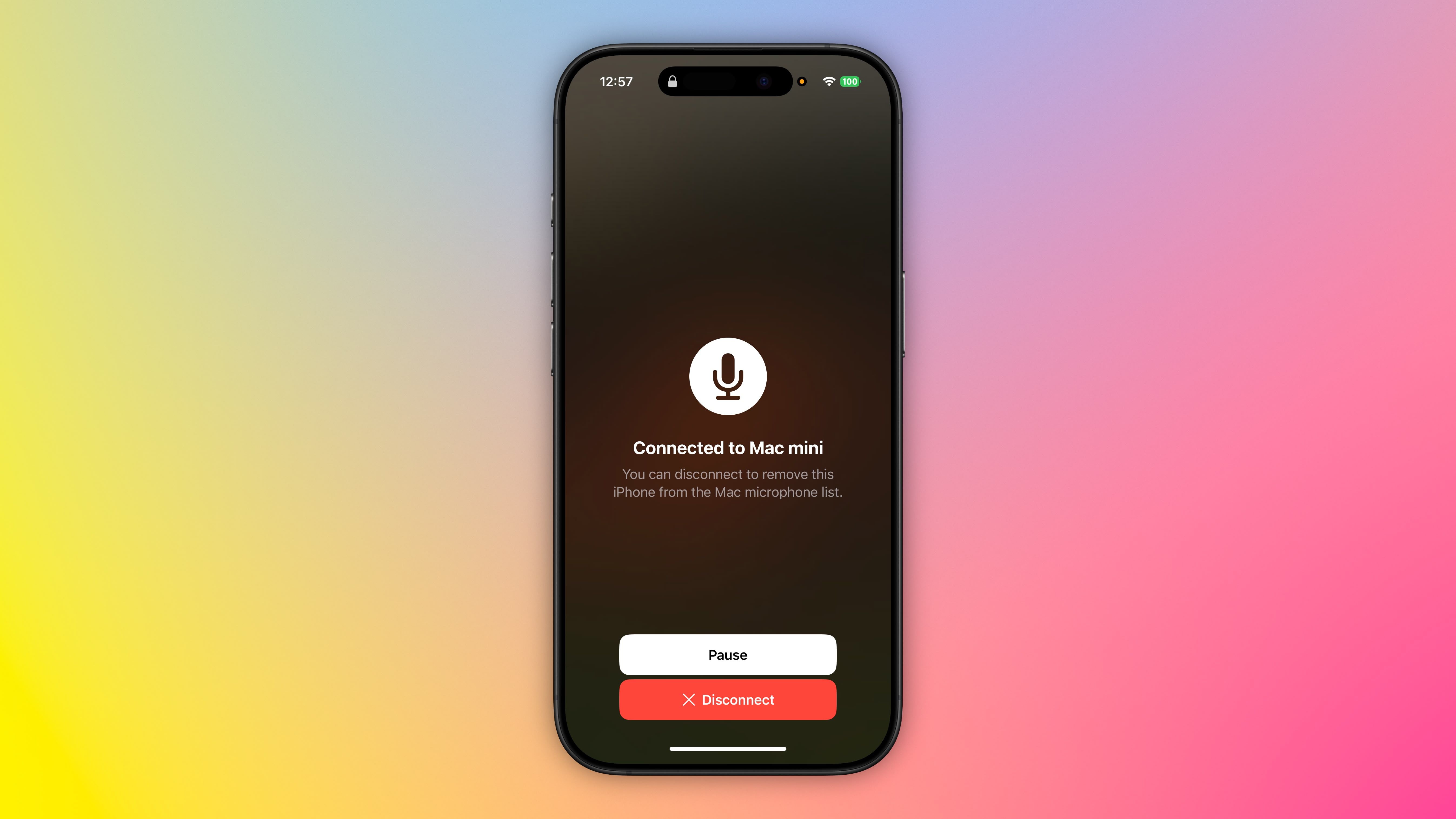Cron Jobs in Node.js: A Complete Guide for Backend Developers
Table of Contents What Are Cron Jobs in Node.js? Approaches to Cron Jobs in Node.js Using System-Level Cron Jobs Using node-cron npm Package Advanced: Job Scheduling with agenda Common Use Cases Troubleshooting Best Practices 1. What Are Cron Jobs in Node.js? Cron jobs let you execute functions or scripts at specific intervals (e.g., every minute, hourly, daily). In Node.js, you can: Use system-level cron (via crontab). Use in-process schedulers (npm packages like node-cron or agenda). 2. Approaches to Cron Jobs in Node.js Method Pros Cons System Cron Simple, OS-managed, survives app crashes Requires shell access, harder to debug node-cron Easy in-app scheduling, JS syntax Tied to app lifecycle (stops if app crashes) agenda Persistent jobs, retries, MongoDB support Requires MongoDB, more complex setup 3. Using System-Level Cron Jobs Step 1: Create a Node.js Script // scripts/cleanup.js console.log('Cleaning up database at', new Date().toISOString()); // Add your logic here Step 2: Make the Script Executable chmod +x scripts/cleanup.js Step 3: Schedule with Crontab Edit your crontab: crontab -e Add a job (use the full path to Node.js and your script): # Run every day at 2:30 AM 30 2 * * * /usr/local/bin/node /home/user/app/scripts/cleanup.js >> /var/log/cron.log 2>&1 Key Notes: Find your Node.js path with which node (e.g., /usr/local/bin/node). Use absolute paths for scripts and output files. Log output to debug issues (>> /var/log/cron.log 2>&1). 4. Using node-cron npm Package Ideal for in-app scheduling without relying on system cron. Installation npm install node-cron Basic Usage const cron = require('node-cron'); // Run every minute cron.schedule('* * * * *', () => { console.log('Running task every minute:', new Date().toISOString()); }); Advanced Example (with Timezone) const cron = require('node-cron'); // Run daily at 8:00 AM in Europe/London timezone cron.schedule('0 8 * * *', () => { console.log('Sending morning report...'); }, { scheduled: true, timezone: 'Europe/London' }); Schedule Syntax Cheatsheet Pattern Description */5 * * * * Every 5 minutes 0 9 * * 1-5 Weekdays at 9:00 AM 0 0 1 * * First day of the month at midnight 5. Advanced: Job Scheduling with agenda For persistent, retriable jobs (requires MongoDB). Installation npm install agenda Setup const Agenda = require('agenda'); const agenda = new Agenda({ db: { address: 'mongodb://localhost:27017/agenda' } }); // Define a job agenda.define('send-email', async (job) => { const { userId } = job.attrs.data; console.log(`Sending email to user ${userId}`); // Add your email logic here }); // Schedule job to run every 2 hours agenda.every('2 hours', 'send-email', { userId: 123 }); // Start agenda (async () => { await agenda.start(); })(); Key Features: Persistent jobs: Survive app restarts. Retries: Automatically retry failed jobs. Flexible scheduling: Use cron syntax or human-readable intervals. 6. Common Use Cases 1. Database Cleanup (Expired Tokens) // Using node-cron cron.schedule('0 0 * * *', async () => { await Token.deleteMany({ expiresAt: { $lt: new Date() } }); }); 2. Send Daily Reports via Email // Using agenda agenda.define('daily-report', async () => { const users = await User.find({ wantsReport: true }); users.forEach(user => sendEmail(user.email, 'Your daily report!')); }); agenda.every('0 9 * * *', 'daily-report'); 3. Cache Invalidation // Every 10 minutes cron.schedule('*/10 * * * *', () => { cache.clearExpired(); }); 4. Poll External APIs // Poll every 5 minutes cron.schedule('*/5 * * * *', async () => { const data = await fetch('https://api.example.com/data'); await processData(data); }); 7. Troubleshooting Common Issues & Fixes: Cron job not running: Check if the Node process is running (for node-cron/agenda). For system cron, check logs: grep CRON /var/log/syslog. Module not found: Use absolute paths in scripts. Install dependencies globally if needed (not recommended). Permissions issues: Ensure the cron user has execute access: chmod +x your-script.js. Timezone mismatches: Use the timezone option in node-cron or set TZ in your OS. Debugging Tips: Log everything: cron.schedule('* * * * *', () => { console.log('Cron job started at', new Date()); try { // Your logic here } catch (err) { console.error('Cron job failed:', err); } }); Test with shorter intervals first (e.g., every minute). 8. Best Practices 1. Use Task Queues for Heavy Work Offload CPU-h

Table of Contents
- What Are Cron Jobs in Node.js?
- Approaches to Cron Jobs in Node.js
- Using System-Level Cron Jobs
- Using
node-cronnpm Package - Advanced: Job Scheduling with
agenda - Common Use Cases
- Troubleshooting
- Best Practices
1. What Are Cron Jobs in Node.js?
Cron jobs let you execute functions or scripts at specific intervals (e.g., every minute, hourly, daily). In Node.js, you can:
- Use system-level cron (via
crontab). - Use in-process schedulers (npm packages like
node-cronoragenda).
2. Approaches to Cron Jobs in Node.js
| Method | Pros | Cons |
|---|---|---|
| System Cron | Simple, OS-managed, survives app crashes | Requires shell access, harder to debug |
node-cron |
Easy in-app scheduling, JS syntax | Tied to app lifecycle (stops if app crashes) |
agenda |
Persistent jobs, retries, MongoDB support | Requires MongoDB, more complex setup |
3. Using System-Level Cron Jobs
Step 1: Create a Node.js Script
// scripts/cleanup.js
console.log('Cleaning up database at', new Date().toISOString());
// Add your logic here
Step 2: Make the Script Executable
chmod +x scripts/cleanup.js
Step 3: Schedule with Crontab
Edit your crontab:
crontab -e
Add a job (use the full path to Node.js and your script):
# Run every day at 2:30 AM
30 2 * * * /usr/local/bin/node /home/user/app/scripts/cleanup.js >> /var/log/cron.log 2>&1
Key Notes:
- Find your Node.js path with
which node(e.g.,/usr/local/bin/node). - Use absolute paths for scripts and output files.
- Log output to debug issues (
>> /var/log/cron.log 2>&1).
4. Using node-cron npm Package
Ideal for in-app scheduling without relying on system cron.
Installation
npm install node-cron
Basic Usage
const cron = require('node-cron');
// Run every minute
cron.schedule('* * * * *', () => {
console.log('Running task every minute:', new Date().toISOString());
});
Advanced Example (with Timezone)
const cron = require('node-cron');
// Run daily at 8:00 AM in Europe/London timezone
cron.schedule('0 8 * * *', () => {
console.log('Sending morning report...');
}, {
scheduled: true,
timezone: 'Europe/London'
});
Schedule Syntax Cheatsheet
| Pattern | Description |
|---|---|
*/5 * * * * |
Every 5 minutes |
0 9 * * 1-5 |
Weekdays at 9:00 AM |
0 0 1 * * |
First day of the month at midnight |
5. Advanced: Job Scheduling with agenda
For persistent, retriable jobs (requires MongoDB).
Installation
npm install agenda
Setup
const Agenda = require('agenda');
const agenda = new Agenda({ db: { address: 'mongodb://localhost:27017/agenda' } });
// Define a job
agenda.define('send-email', async (job) => {
const { userId } = job.attrs.data;
console.log(`Sending email to user ${userId}`);
// Add your email logic here
});
// Schedule job to run every 2 hours
agenda.every('2 hours', 'send-email', { userId: 123 });
// Start agenda
(async () => {
await agenda.start();
})();
Key Features:
- Persistent jobs: Survive app restarts.
- Retries: Automatically retry failed jobs.
- Flexible scheduling: Use cron syntax or human-readable intervals.
6. Common Use Cases
1. Database Cleanup (Expired Tokens)
// Using node-cron
cron.schedule('0 0 * * *', async () => {
await Token.deleteMany({ expiresAt: { $lt: new Date() } });
});
2. Send Daily Reports via Email
// Using agenda
agenda.define('daily-report', async () => {
const users = await User.find({ wantsReport: true });
users.forEach(user => sendEmail(user.email, 'Your daily report!'));
});
agenda.every('0 9 * * *', 'daily-report');
3. Cache Invalidation
// Every 10 minutes
cron.schedule('*/10 * * * *', () => {
cache.clearExpired();
});
4. Poll External APIs
// Poll every 5 minutes
cron.schedule('*/5 * * * *', async () => {
const data = await fetch('https://api.example.com/data');
await processData(data);
});
7. Troubleshooting
Common Issues & Fixes:
-
Cron job not running:
- Check if the Node process is running (for
node-cron/agenda). - For system cron, check logs:
grep CRON /var/log/syslog.
- Check if the Node process is running (for
-
Module not found:
- Use absolute paths in scripts.
- Install dependencies globally if needed (not recommended).
-
Permissions issues:
- Ensure the cron user has execute access:
chmod +x your-script.js.
- Ensure the cron user has execute access:
-
Timezone mismatches:
- Use the
timezoneoption innode-cronor setTZin your OS.
- Use the
Debugging Tips:
- Log everything:
cron.schedule('* * * * *', () => {
console.log('Cron job started at', new Date());
try {
// Your logic here
} catch (err) {
console.error('Cron job failed:', err);
}
});
- Test with shorter intervals first (e.g., every minute).
8. Best Practices
1. Use Task Queues for Heavy Work
Offload CPU-heavy tasks to worker threads:
const { Worker } = require('worker_threads');
cron.schedule('0 * * * *', () => {
const worker = new Worker('./path/to/worker.js');
});
2. Handle Failures Gracefully
// With agenda (automatic retries)
agenda.define('critical-job', { concurrency: 1, maxAttempts: 3 }, async (job) => {
// Your logic
});
// With node-cron
cron.schedule('...', async () => {
try {
await criticalTask();
} catch (err) {
sendAlertToSlack('Cron job failed: ' + err.message);
}
});
3. Avoid Overlapping Jobs
Use agenda’s concurrency control or a locking mechanism:
let isJobRunning = false;
cron.schedule('*/5 * * * *', async () => {
if (isJobRunning) return;
isJobRunning = true;
await longRunningTask();
isJobRunning = false;
});
4. Use Environment-Specific Schedules
Disable cron jobs in development:
// In your Node.js app
if (process.env.NODE_ENV === 'production') {
cron.schedule('...', productionTask);
}
5. Monitor Your Jobs
- Log job start/end times.
- Use tools like PM2 for process management:
pm2 start app.js
pm2 logs
Final Thoughts
Choose system cron if:
- You need tasks to run independently of your Node app.
- Your hosting provider supports
crontab.
Choose node-cron if:
- You prefer keeping jobs within your codebase.
- You need simple in-app scheduling.
Choose agenda if:
- You require job persistence and retries.
- Your app already uses MongoDB.
By combining these tools with proper error handling and monitoring, you can build robust automated workflows for your Node.js backend. Happy coding!

















































































































































































![[The AI Show Episode 148]: Microsoft’s Quiet AI Layoffs, US Copyright Office’s Bombshell AI Guidance, 2025 State of Marketing AI Report, and OpenAI Codex](https://www.marketingaiinstitute.com/hubfs/ep%20148%20cover%20%281%29.png)


![[The AI Show Episode 146]: Rise of “AI-First” Companies, AI Job Disruption, GPT-4o Update Gets Rolled Back, How Big Consulting Firms Use AI, and Meta AI App](https://www.marketingaiinstitute.com/hubfs/ep%20146%20cover.png)































































































































































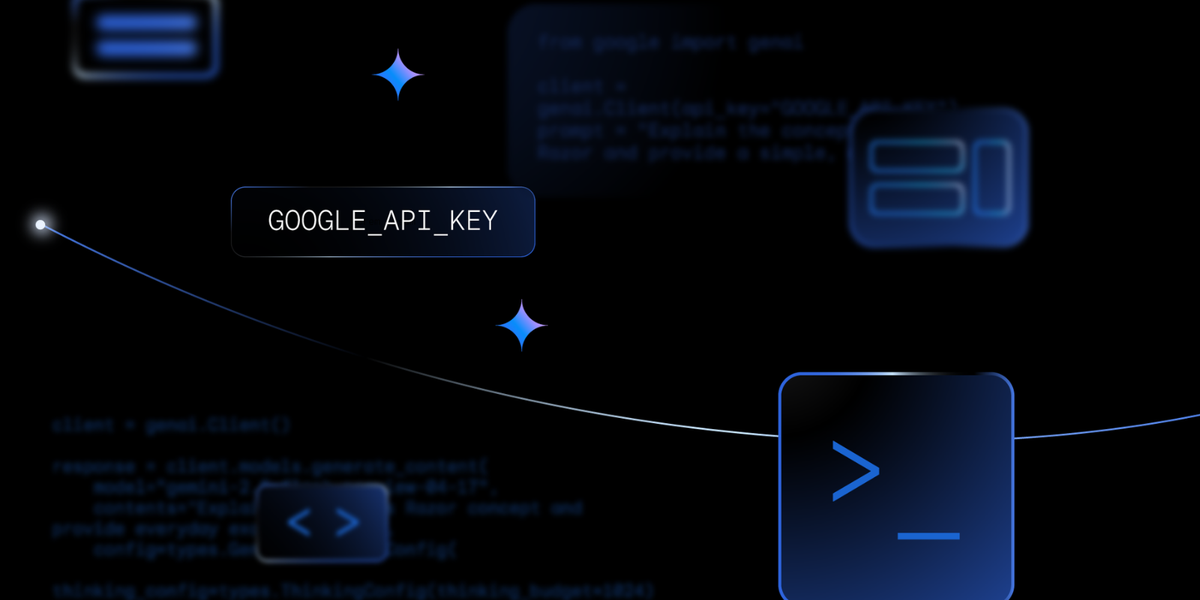




































































































_Prostock-studio_Alamy.jpg?width=1280&auto=webp&quality=80&disable=upscale#)























































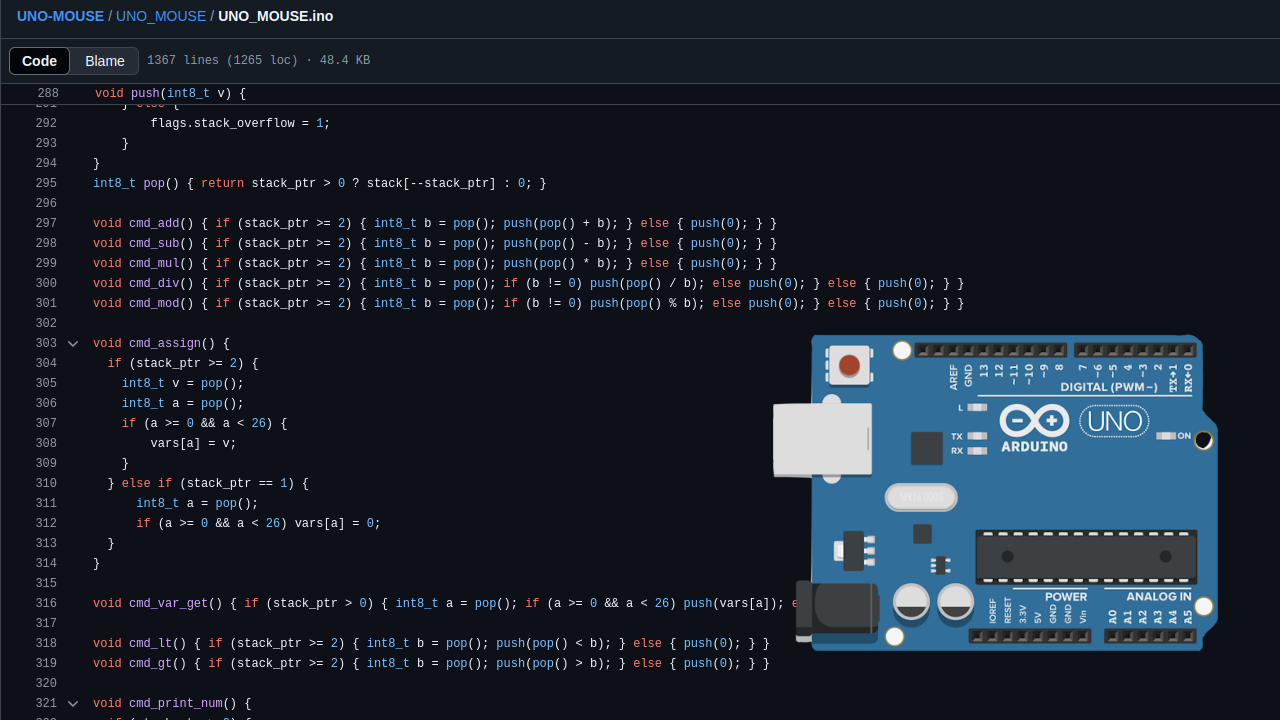


























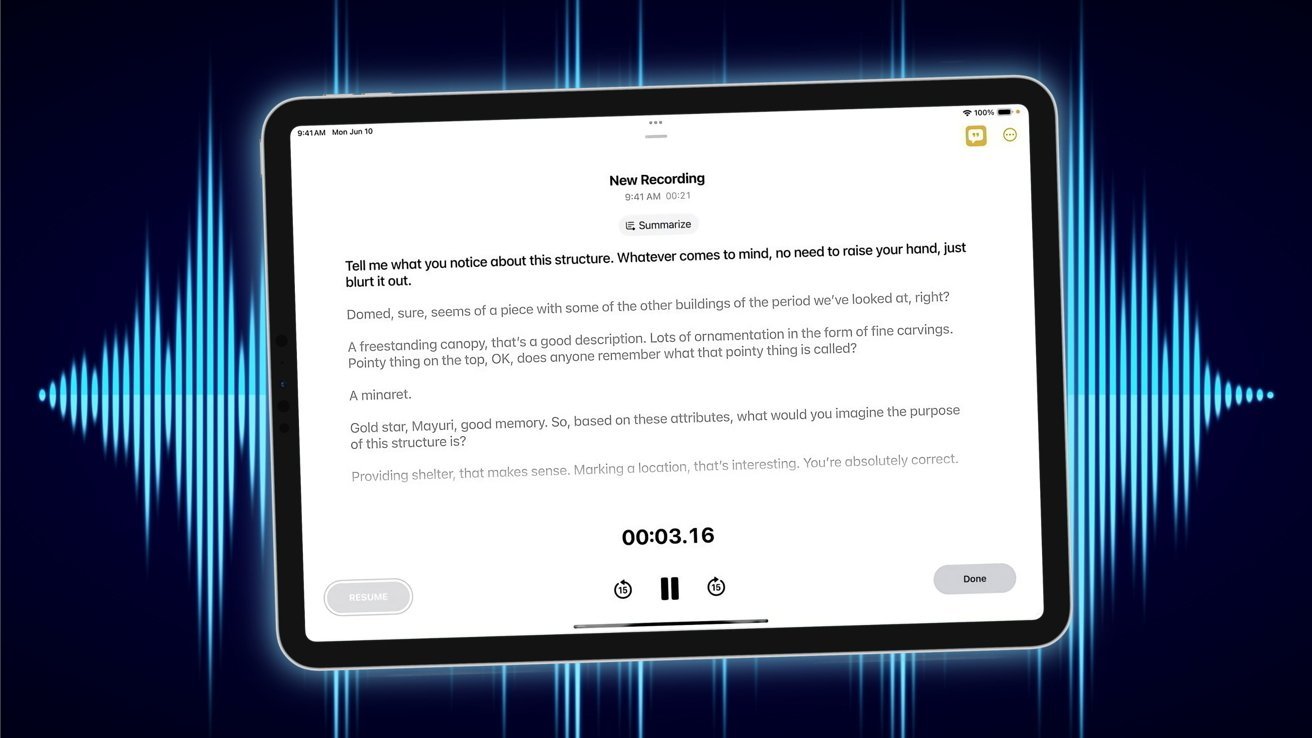
























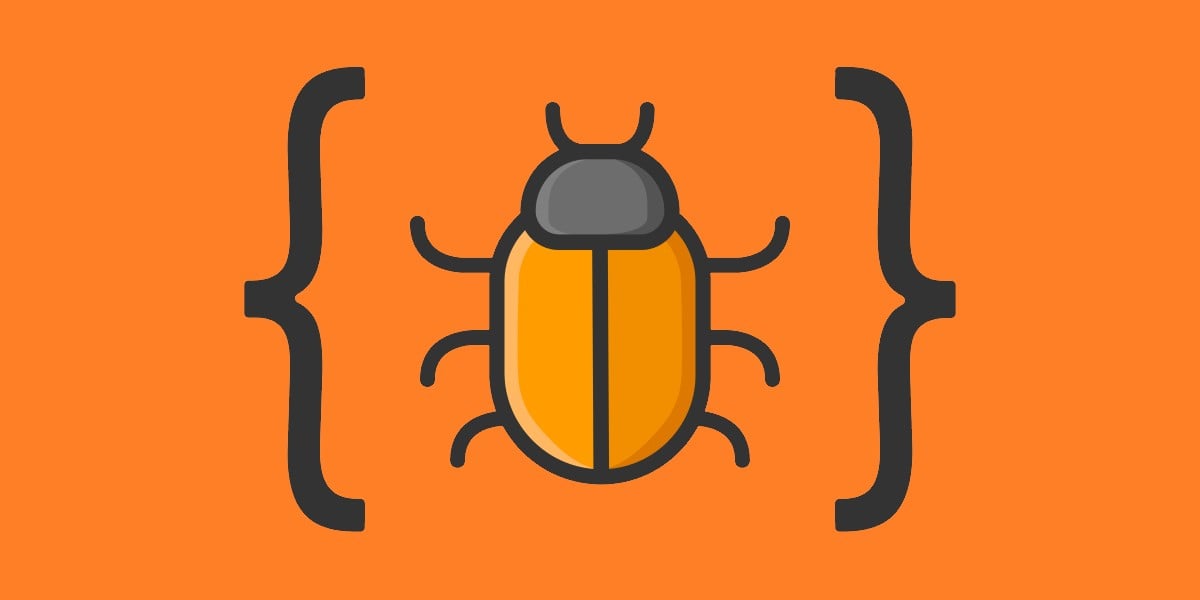























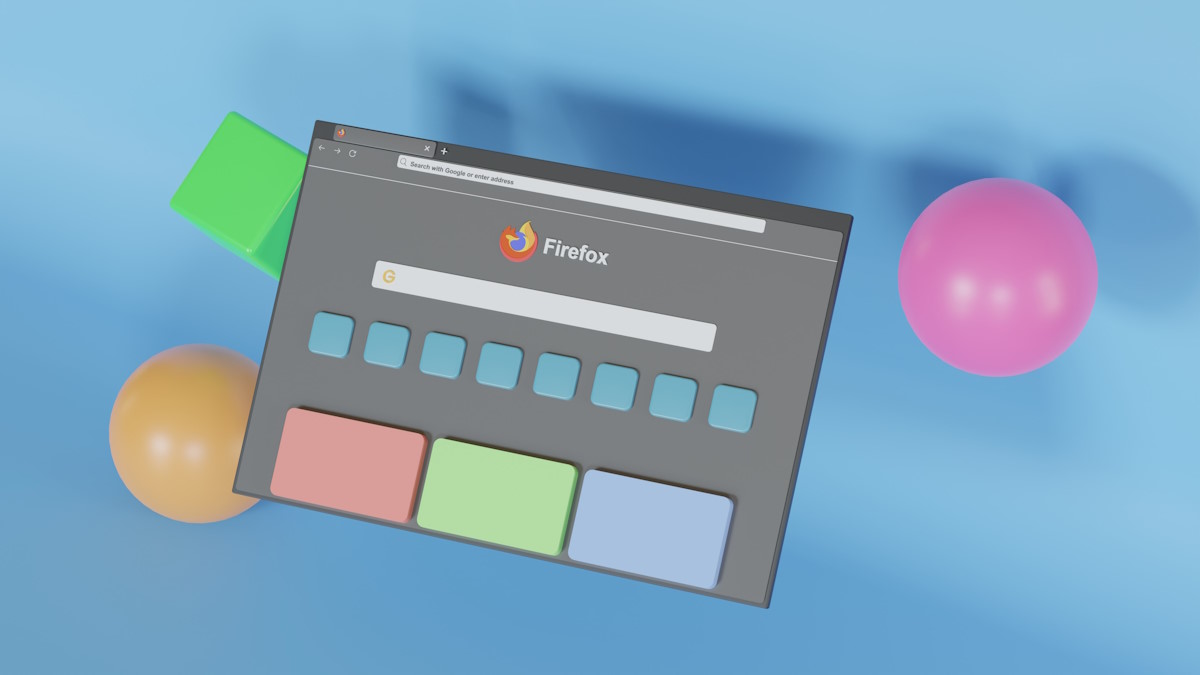










![Mobile Legends: Bang Bang [MLBB] Free Redeem Codes May 2025](https://www.talkandroid.com/wp-content/uploads/2024/07/Screenshot_20240704-093036_Mobile-Legends-Bang-Bang.jpg)













